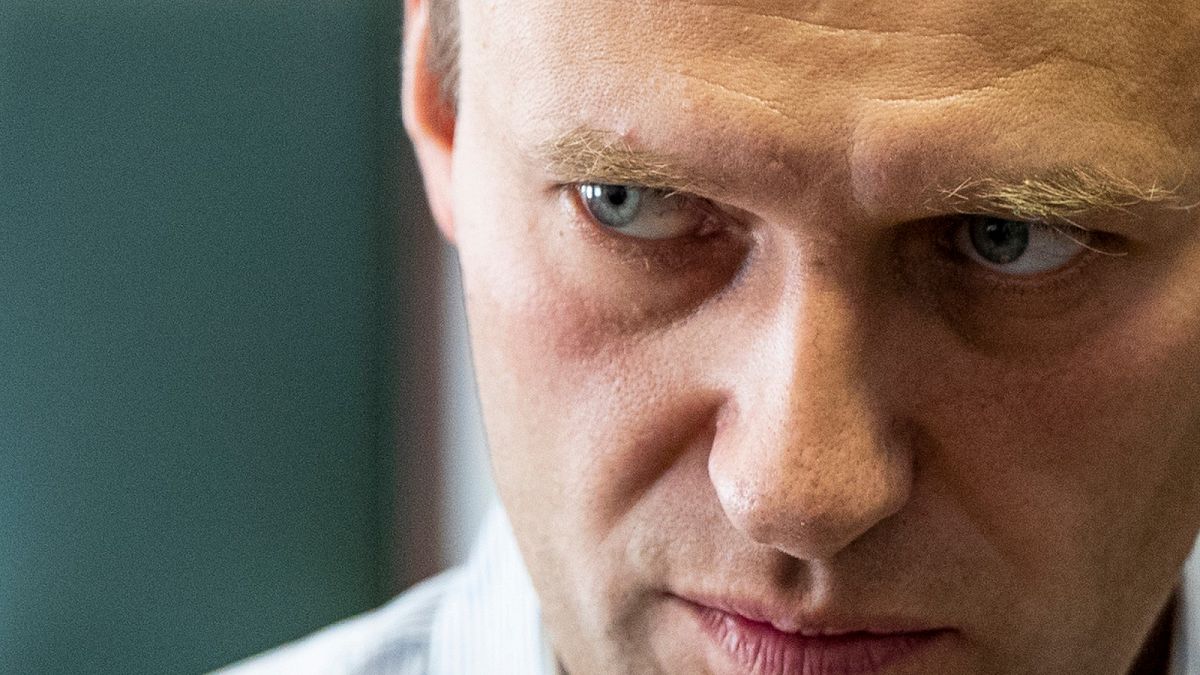On Friday, the Berlin hospital where Navalny is being treated said there was "some improvement" in his symptoms.
Russia will not open a criminal investigation into the sudden illness of Vladimir Putin critic and opposition leader Alexei Navalny.
A preliminary probe established that "no deliberate criminal acts" were committed against him, the Prosecutor General's office said on Wednesday.
Western leaders - including German Chancellor Angela Merkel, UK Prime Minister Boris Johnson and U.S. Secretary of State Mike Pompeo - had previously put pressure on Russia to investigate the incident, after Navalny fell into a coma last week due to suspected poisoning.
The 44-year old activist is currently being treated at the Berliner Charité hospital, in the German capital, after being flown from Siberia via air ambulance.
The Russian doctors who had first visited Navalny on August 20 in the Siberian town of Omsk denied finding any trace of poison in his body.
A further analysis conducted at Berlin's Charité hospital spotted “cholinesterase inhibitors” in his body, but the doctors haven't yet managed to identify which specific substance it is.
But on Friday, the Berlin hospital where Navalny is being treated said there was "some improvement" in symptoms caused by ingestion of a substance from the group of cholinesterase inhibitors, which caused the suspected poisoning.
For his part, the spokesperson for Navalny, Kira Iarmyche, confirmed in a tweet that there was "currently no serious threat to his life".
Found in some drugs, pesticides and chemical nerve agents, cholinesterase inhibitors act by blocking the breakdown of a key chemical in the body - acetylcholine - which transmits signals between nerve cells.
Navalny's allies insist he was deliberately poisoned and accuse the Kremlin of it, allegations that the Russian officials deemed as “empty noise.”
His collaborators submitted a request to Russia's Investigative Committee demanding authorities to launch a criminal probe on charges of an attempt on the life of a public figure, but officials appeared so far reluctant to start an actual investigation.
Kremlin spokesman Dmitry Peskov said on Monday he saw no grounds for a criminal case until the cause of the activist's condition was fully established.
On Thursday he said that the probe into Navalny's illness was launched “in the first days” after he fell ill, but added that the procedure was routine police work “always carried out in cases like this.”
